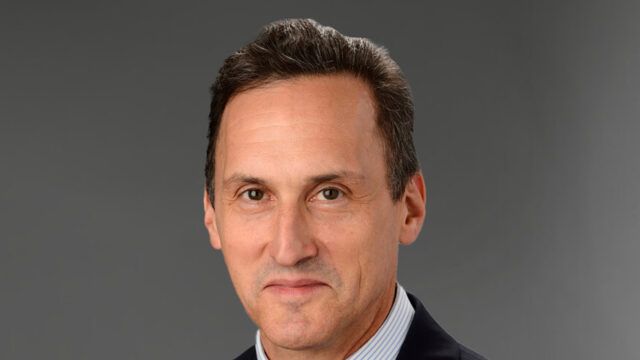A conservative lending cycle, strong job growth and increased immigration are pointing to a higher likelihood of a soft landing, according to Robert Tipp, chief investment strategist at PGIM Fixed Income.


A conservative lending cycle, strong job growth and increased immigration are pointing to a higher likelihood of a soft landing, according to Robert Tipp, chief investment strategist at PGIM Fixed Income.

AllianzGI’s Franck Dixmier told FSA why he thinks interest rates have likely peaked and now is the time for US bonds.

Barings’ head of public assets tells FSA why he likes high yield bonds right now despite the risk of an upcoming recession.

A hard landing is looking to be more likely than a soft landing, according to Ninety One’s head of multi-asset income John Stopford.

A recession in Europe and the US should provide a boost for risk assets, according to Allianz Global Investors.

Equities are poised to rebound next year amid recession fears, said the British asset manager.

With recession looming across major economies, abrdn believes investors should heed calls for caution when making their allocations.

In trying to navigate uncertainty over both inflation and growth, Schroders believes a diversified portfolio is the best approach for the coming months.

Investors like Pimco which believe central banks will ultimately get control of inflation in the coming years are starting to get paid more.

But if earnings hold up and a recession is avoided, a substantial decline in equity markets ‘remains unlikely’.
Part of the Mark Allen Group.
